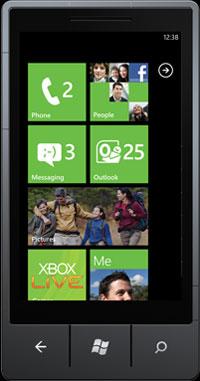According to the latest rumors, Microsoft will unveil a pair of new smartphones (the Lumia 950 and Lumia 950 XL) at a New York City press event in October. But will developers care about the new devices? When Microsoft first released Windows Phone, developer response was underwhelming, and it was easy to see why. Developers who made lots of money off creating apps for Apple’s iOS and Google Android, the dominant platforms in the mobile space, didn’t want to spend the time and resources building for an also-ran platform that commanded a relatively small percentage of the overall market. Microsoft’s solution to that conundrum is universal apps, in which software works on any Windows-based device, whether a PC, tablet, or smartphone. On a whiteboard, the idea seems good: Windows holds an outsized percentage of the PC operating system market, with all the third-party development efforts that attracts; if developers can take that existing work and port it with relative ease to a smaller-screen platform, the number of available Windows Phone apps will increase exponentially. But like many ideas that seem good on a whiteboard, the reality is a little more complicated. Apps won’t necessarily scale down from a PC screen to a smartphone without losing a lot in translation; the inputs for a PC aren’t analogous to using one’s fingers on a touch-screen; and so on. Developers are well aware of these issues, which creates a vicious cycle for Microsoft: The third-party creators that it so desperately needs to make its mobile plans a reality won’t build apps until they see some success for the platform, but the platform can’t show success until people build for it. Microsoft certainly realizes this. But how will it incentivize developers to build for Windows on smartphones?


